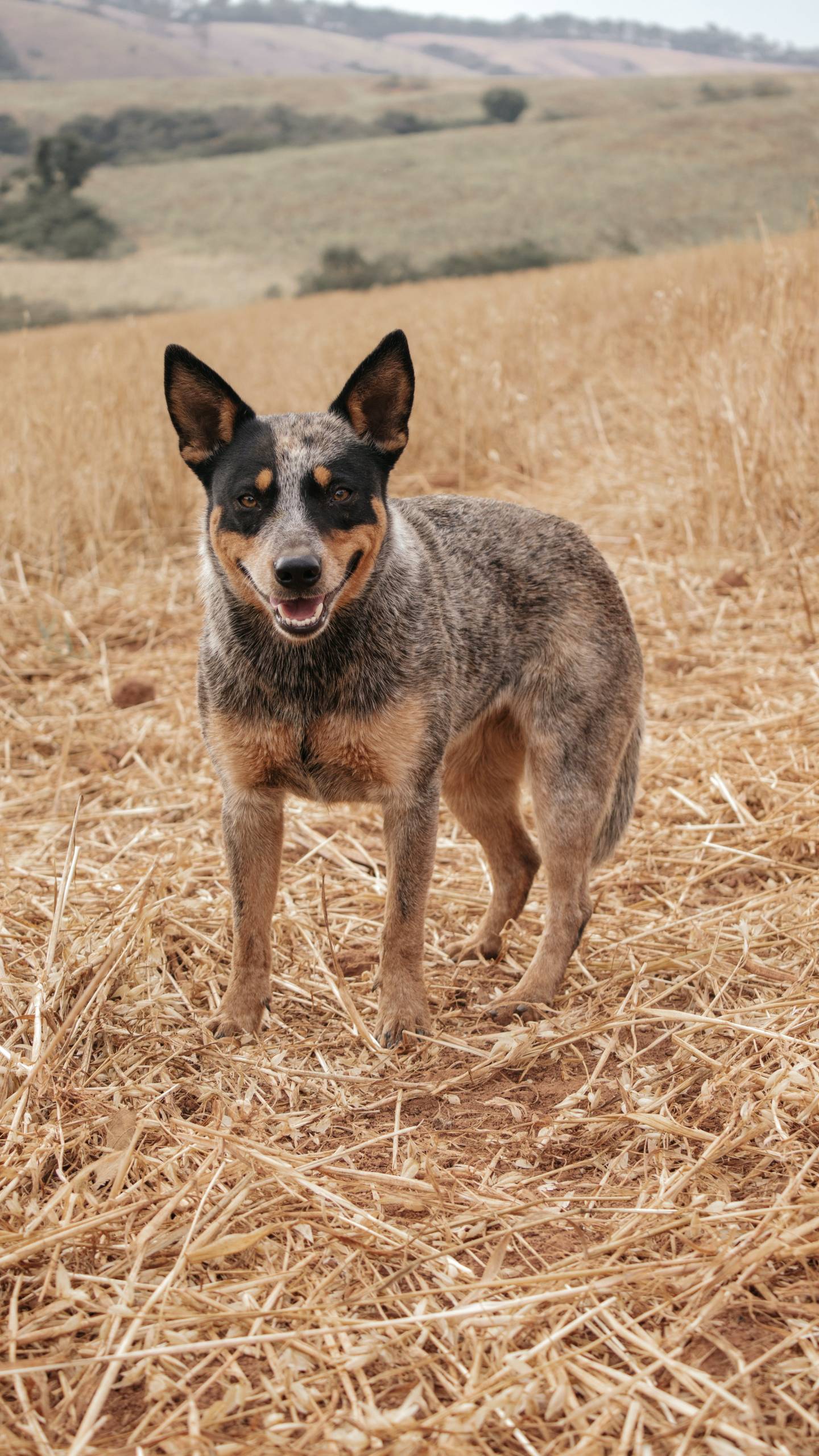Crate training is crucial for raising a well-behaved and happy puppy. It provides a safe space for your pet, aids in house training, and offers peace of mind when you need to step away. Nighttime can be particularly challenging, as puppies are naturally more active and may feel stressed in a new environment. Knowing how to crate train a puppy at night can ease this transition for both you and your furry companion.
Creating a Comfortable Environment
Choosing the right crate is the first step. It should be spacious enough for your puppy to stand, turn around, and lie down comfortably, yet not so large that they feel lost. A crate that is too big can lead to accidents if puppies use one corner for sleeping and another for relieving themselves. If you anticipate significant growth, consider using a divider to adjust the space as your puppy matures.
Making the crate inviting is essential. Add a soft blanket or bed to create a cozy atmosphere, and include a few toys for entertainment. Familiar scents can ease anxiety, so placing an item of your clothing inside can provide comfort as your puppy adapts to their nighttime routine.
Establishing a Consistent Nighttime Routine
Routine is vital for puppies, helping them feel secure. Set a specific bedtime and maintain a predictable schedule. Prior to crating, take your puppy outside for a bathroom break to ensure they can relieve themselves before settling down for the night.
When it’s time to crate your puppy, use a calm voice and encouragement. Initially, treats may entice them, but praise and positive reinforcement are key. Close the crate door gently. It’s normal for puppies to whine or bark at first. Remaining calm and not responding to their cries is important, as doing so may reinforce the behavior.
If your puppy continues to whine, wait a few moments before checking on them. Sometimes they will settle down on their own with a little time. However, if the whining persists, it may indicate a need for another bathroom break. Be attentive but keep interactions brief to reinforce that nighttime is for sleeping, not playtime.
Addressing Anxiety and Setbacks
During the initial nights, puppies may experience anxiety, feeling lonely in their crate. Placing the crate in your bedroom or nearby can provide comfort and help your puppy feel secure. Over time, you can gradually relocate the crate if desired.
Setbacks are normal; every puppy adjusts at their own pace. Patience is essential. If your puppy has an accident in the crate, do not punish them. Clean the crate thoroughly with an enzymatic cleaner to eliminate lingering scents, preventing them from returning to the same spot.
Maintaining a Clean and Comfortable Crate
Regularly check the bedding and toys to ensure they are clean and dry. A comforting routine helps your puppy associate the crate with safety. If anxiety persists, consider calming products, such as pheromone diffusers, to promote a peaceful atmosphere.
Ensuring Overall Well-Being
Monitor your puppy’s overall well-being by ensuring they receive sufficient physical exercise and mental stimulation during the day. A tired puppy is more likely to settle down easily at night. Incorporate playtime, walks, and training exercises into their daily routine to help expend energy. A well-exercised puppy is less anxious and more inclined to sleep soundly.
Socialization is also vital. Exposing your puppy to various environments, people, and other pets during the day can boost their confidence. This confidence can lead to a more relaxed nighttime experience, as a well-socialized puppy is less likely to feel anxious when left alone in their crate.
Gradual Adjustment to Crate Time
Gradually increase the time your puppy spends in the crate. Start with short periods during the day when you can supervise, slowly extending those durations. This approach helps your puppy learn that the crate is a safe and positive space. As they become comfortable with daytime crate time, they will more readily accept it at night.
If challenges persist, consulting a professional dog trainer or behaviorist can provide tailored advice based on your puppy’s specific needs. An expert’s perspective can be invaluable.
Staying Positive and Patient
Throughout the process, maintaining a positive and patient attitude is crucial. Crate training takes time, and every puppy learns at their own pace. Celebrate small victories, and remember that consistency is vital. With dedication and love, your puppy will learn to feel secure in their crate at night, leading to better sleep for both of you.
Crate training is not merely about confinement; it’s about nurturing a sense of safety in your puppy’s new home. By establishing a positive nighttime routine and a comfortable environment, you will foster a secure haven for your puppy, allowing them to thrive and grow into a well-adjusted adult dog. With time and effort, both you and your puppy can enjoy peaceful nights.



